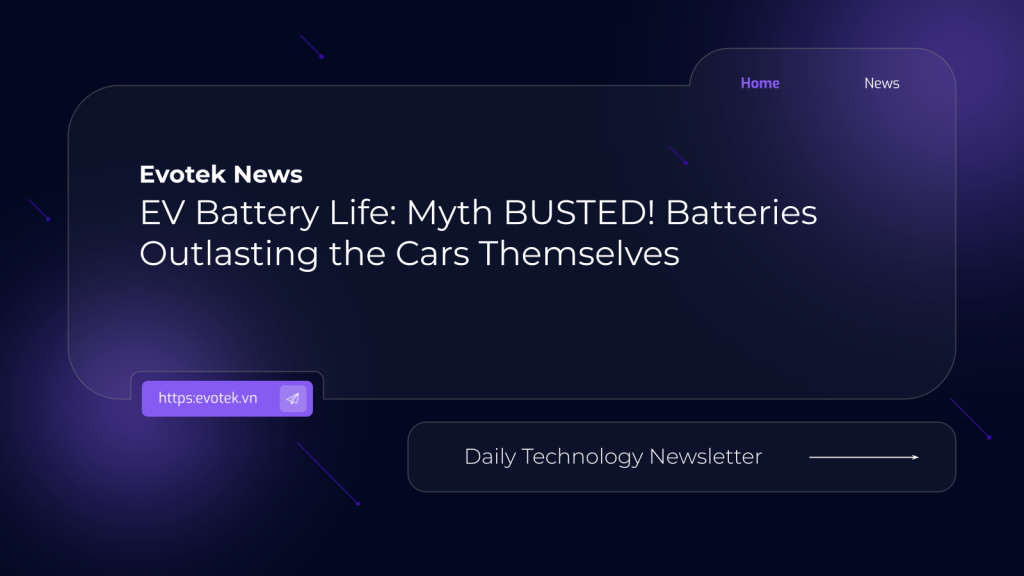Forget the old fears! A persistent myth surrounding electric vehicles (EVs) is that their batteries are ticking time bombs, destined for costly replacements. However, mounting evidence suggests a far brighter future for EV battery longevity, potentially outlasting the vehicles they power.
A recent study by Geotab, analyzing data from over 10,000 EVs, reveals surprising battery resilience. Their findings indicate that the average EV battery could realistically last for two decades. The analysis showed an average degradation rate of only 1.8% per year. This gradual decline in range is manageable. Even after 20 years, EVs could retain approximately 64% of their original range – a practical figure for many drivers.
The degradation process isn’t linear. Batteries tend to degrade slightly faster in their initial years, before stabilizing for an extended period. A more noticeable decline typically occurs only towards the very end of the battery’s lifespan. Concerns about sudden and complete battery failure appear largely unfounded. Studies on EVs manufactured in the last decade show a battery failure rate of less than 0.5%, making it statistically rare.
Several factors influence battery health and lifespan. Climate is a significant factor; EVs operating in consistently hot environments tend to experience faster degradation. Modern EVs utilize sophisticated thermal management systems with liquid cooling and heating to maintain optimal battery temperatures. Simple practices like parking in the shade, especially while charging on hot days, can also extend battery life.
Charging habits also play a crucial role. While DC fast charging offers convenience, frequent use can marginally accelerate battery degradation compared to slower Level 1 or Level 2 AC charging at home. Occasional fast charging is suitable for long trips, but relying on it for daily charging may not be ideal for long-term battery health.
Battery chemistry also dictates best practices. For EVs with nickel-manganese-cobalt (NMC) or nickel-cobalt-manganese (NCM) batteries, experts recommend maintaining the state of charge between 20% and 80% for daily use. Routinely charging to 100% or depleting the battery to very low levels can stress the cells. However, for vehicles with lithium-iron-phosphate (LFP) batteries, this rule is more relaxed. Some manufacturers even recommend periodic 100% charges to help the battery management system accurately calibrate range estimates.
Just as gasoline-powered cars require regular oil changes and maintenance, EV batteries benefit from mindful ownership. These practices help maximize their already impressive lifespans.
Source: [Original Source Link – If Available]

 日本語
日本語 한국어
한국어 Tiếng Việt
Tiếng Việt 简体中文
简体中文